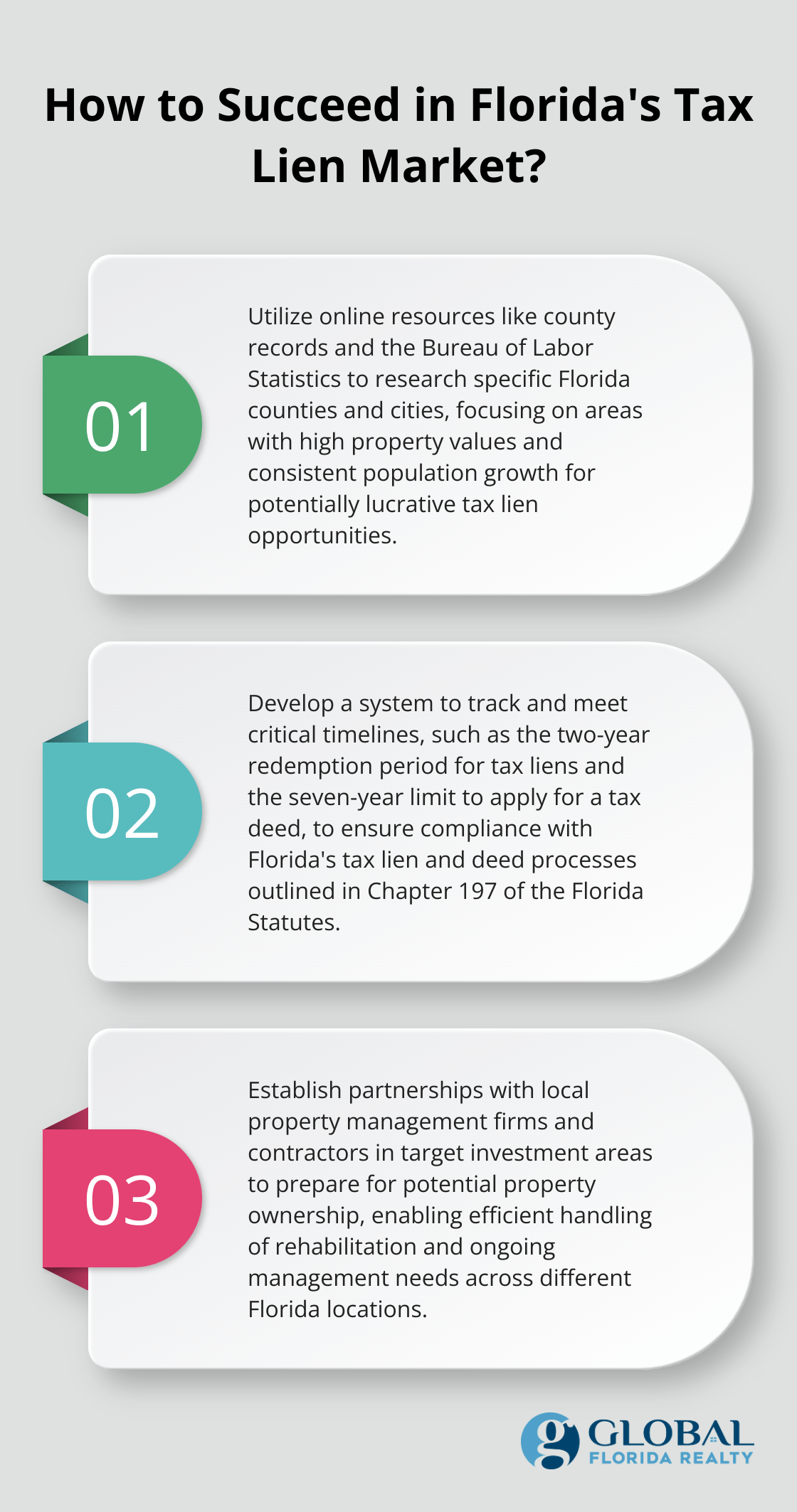All Categories
Featured

After registering, each bidder will certainly receive a bidding process number from the Public auction Site that will certainly make it possible for the prospective buyer to put bids. All prospective buyers have to make a down payment on the Public auction Website prior to their quotes will be approved. Enrollment, down payments, and pre-bids might be made beginning October 17, 2024, and enrollment, and down payments must be completed no behind October 29, 2024, at 2:00 p.m.
No registration or down payments will certainly be allowed after this time. Each prospective buyer will make a down payment equal to ten percent (10%) of the total dollar amount of tax liens the prospective buyer expects winning. All down payments will be made by electronic funds transfer (tax liens investment). Final determination concerning the reputation of any type of down payment will be at the discernment of the Treasurer.

Tax obligation liens are awarded to the highest bidder, or in the occasion of a tie, the champion will certainly be chosen at random by the Public auction Internet site, and the winning proposal quantity will equal the amount of the tie bid. Tax obligation liens will be grouped into sets and sold in one-hour increments beginning on November 6, 2024, at 8:00 a.m.

Staff members and authorities of the City and Region of Denver, and members of their households are not enabled to acquire at the Public Auction - property tax lien investing.
How Does Tax Lien Investing Work
There are no guarantees revealed or suggested regarding whether a tax obligation lien will prove to be a profitable financial investment. The property details obtainable on the proposal web pages was acquired from the Assessor's office before the begin of the existing auction and is for referral only (please note that this property details, provided by the Assessor's office, stands for one of the most current analysis year, not the tax year connected with this tax lien sale, as taxes are paid one year behind).
Latest Posts
Back Tax Properties For Sale
Tax Lien Sale List
Tax Foreclosure Property Listings